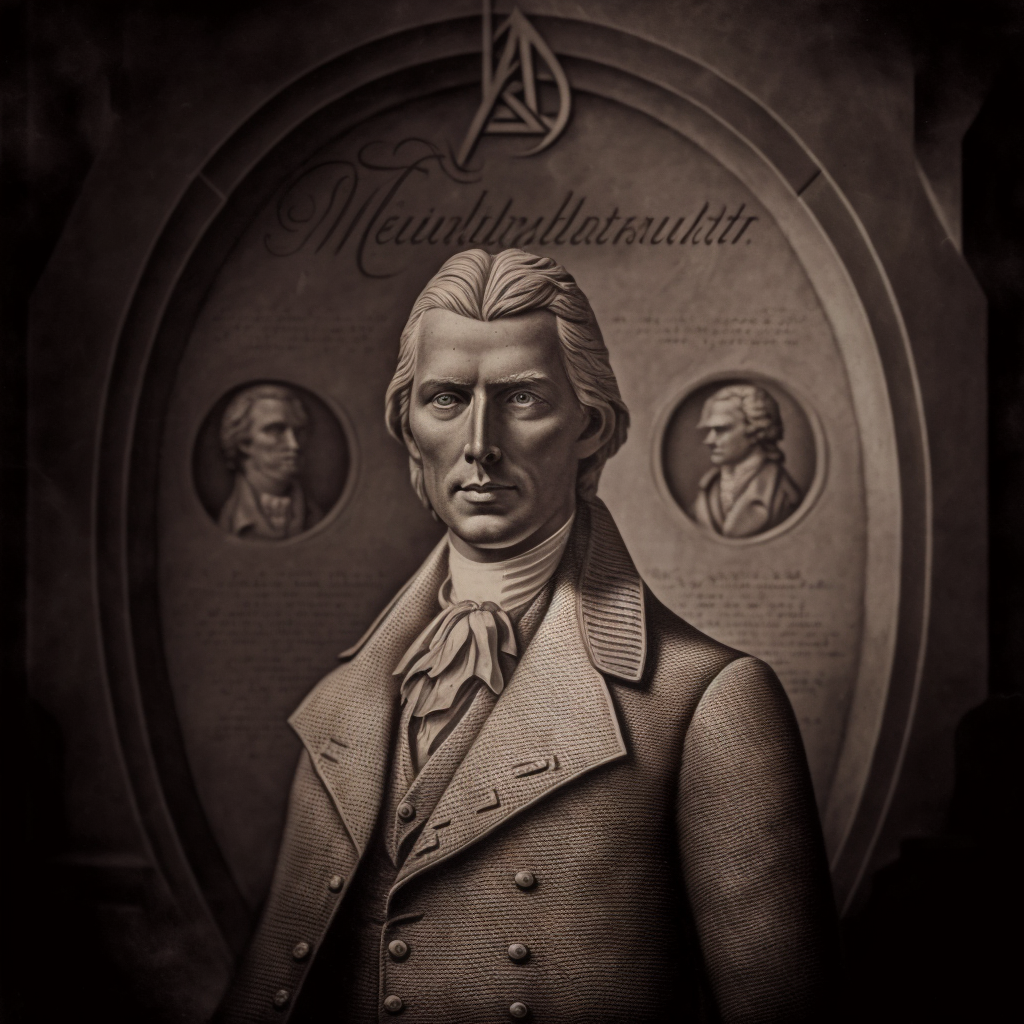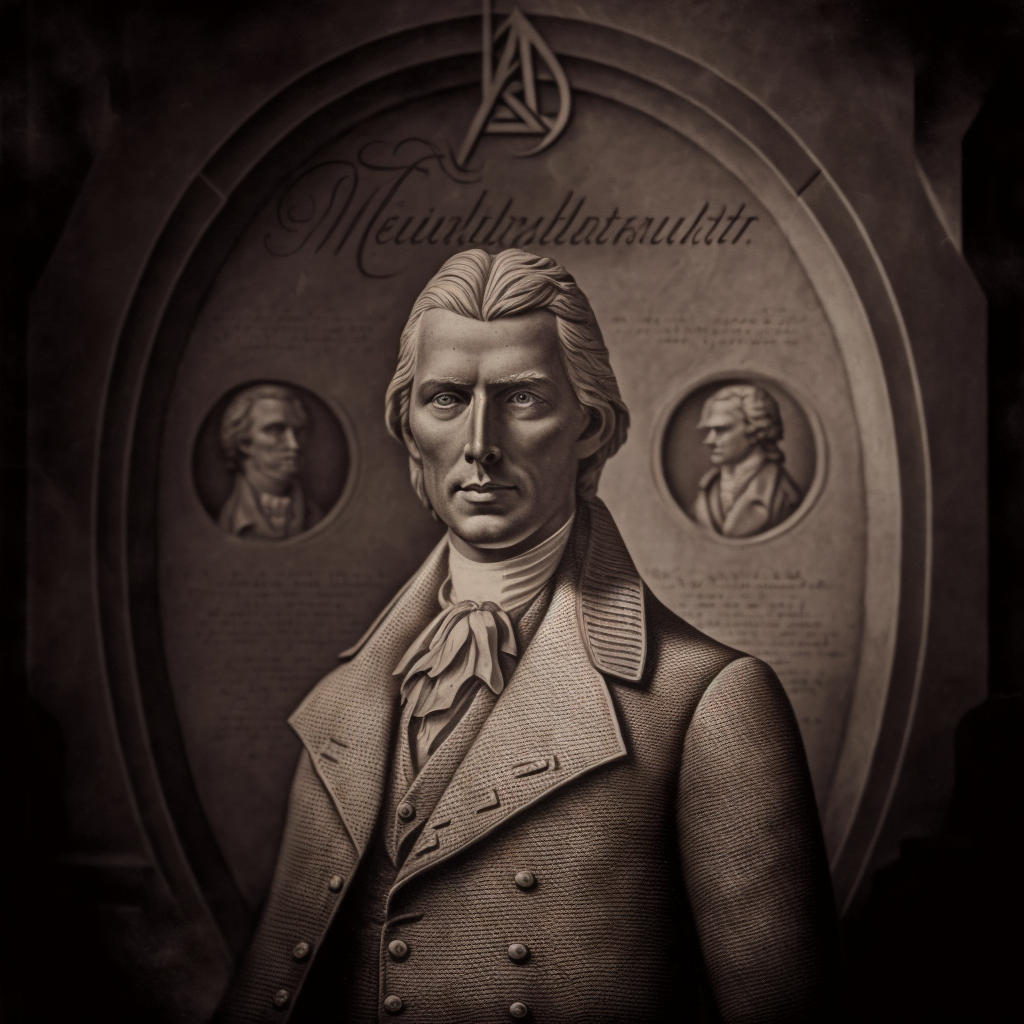
Today, we’ll be exploring the life and legacy of Adam Weishaupt, the founder of the infamous secret society known as the Illuminati. Born in Ingolstadt, Germany on February 6, 1748, Weishaupt was the son of a professor of law and a member of the local ruling elite. Despite his privileged upbringing, Weishaupt was deeply influenced by the Enlightenment ideas of rationalism and skepticism, which would shape his worldview and career.
After completing his studies at the University of Ingolstadt, Weishaupt became a professor of law at the same institution. It was during this time that he began to develop his vision for a secret society that would promote the ideals of the Enlightenment and challenge the traditional power structures of society.
In 1776, Weishaupt founded the Order of the Illuminati, which was initially called the “Perfectibilists.” The group was dedicated to spreading Enlightenment ideas and seeking to bring about social and political reform. Weishaupt believed that the only way to achieve these goals was through secret means, as he believed that the traditional institutions of power would never allow such change to occur.
The Illuminati quickly gained a reputation as a subversive and dangerous group, and it was eventually banned by the Bavarian government in 1785. Weishaupt fled to Regensburg, where he lived in hiding for the remainder of his life. Despite the ban, the Illuminati continued to exist and influence events in Europe and beyond.
Over the years, the Illuminati has been the subject of countless conspiracy theories and claims of secret influence on world events. Some believe that the group is still active and working to achieve global domination, while others see it as a myth or a symbol of resistance against oppressive power structures.
Despite the controversy and speculation surrounding the Illuminati, one thing is certain: Adam Weishaupt was a complex and controversial figure who remains a subject of fascination to this day. His vision for a secret society dedicated to Enlightenment ideals has had a lasting impact on the world, and his legacy continues to inspire and intrigue those who seek to challenge the status quo.

